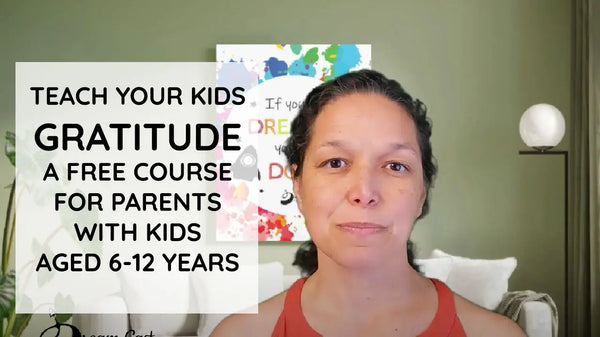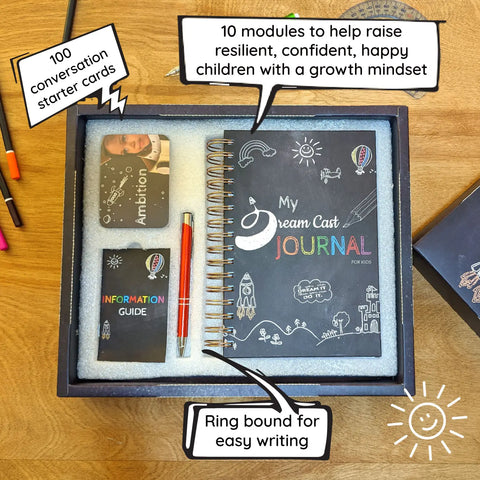Although it can appear to some as a bit of a woolly term, there is actually a body of scientific evidence that demonstrates the benefits of gratitude.
Countless studies have shown that gratitude can bring a variety of physical, psychological, emotional and social benefits. It helps us appreciate all the positive elements of our lives and the people in it.
While it might not be the cure-all for everything, gratitude can help to keep us grounded and feeling positive, particularly in times of uncertainty.
Most parents I speak to agree that our children today are not grateful for what they have. Sometimes we worry that we are giving our children too much, or even sometimes feel embarrassed by how selfish our child acts. It’s hard to talk about this because we feel judged - that our children’s actions are a reflection on our parenting.
So the first step we need to take is to let go of those thoughts, and know that you’re doing just fine. But here’s a reminder of how we can foster gratitude in our children.
Below, Happiness & Productivity Expert, Christine Carter explains why gratitude actually provides a significant boost to our happiness and life satisfaction.
Next, Dad University’s Jason Shreibman shares helpful tips and examples of how to raise thankful children.
In this video, Jason explores tips on how you can teach gratitude to your child and help them be more thankful. It's important that we are express gratitude ourselves so we provide an example. Jason also goes over how helping others, traveling, having them help around the house, and a few other tips can help them be thankful.
Teaching kids gratitude is so important. While being thankful is one aspect of gratitude, we also need them to understand how to feel grateful and provide the meaning and context behind saying thank you and being grateful.
Teaching students gratitude starts with this simple video. This short video about gratitude helps explain gratitude to kids.
Start our free online Course: Life skills for kids course - Click Here

-----------------------
Dream Cast Kids Journal helps teach empathy.
We have included writing prompt to help reinforce the concepts such as empathy and kindness, gratitude and more in both the Dream Cast Journal and Dream Cast Conversation Starter Cards tying the learning experience together perfectly.










